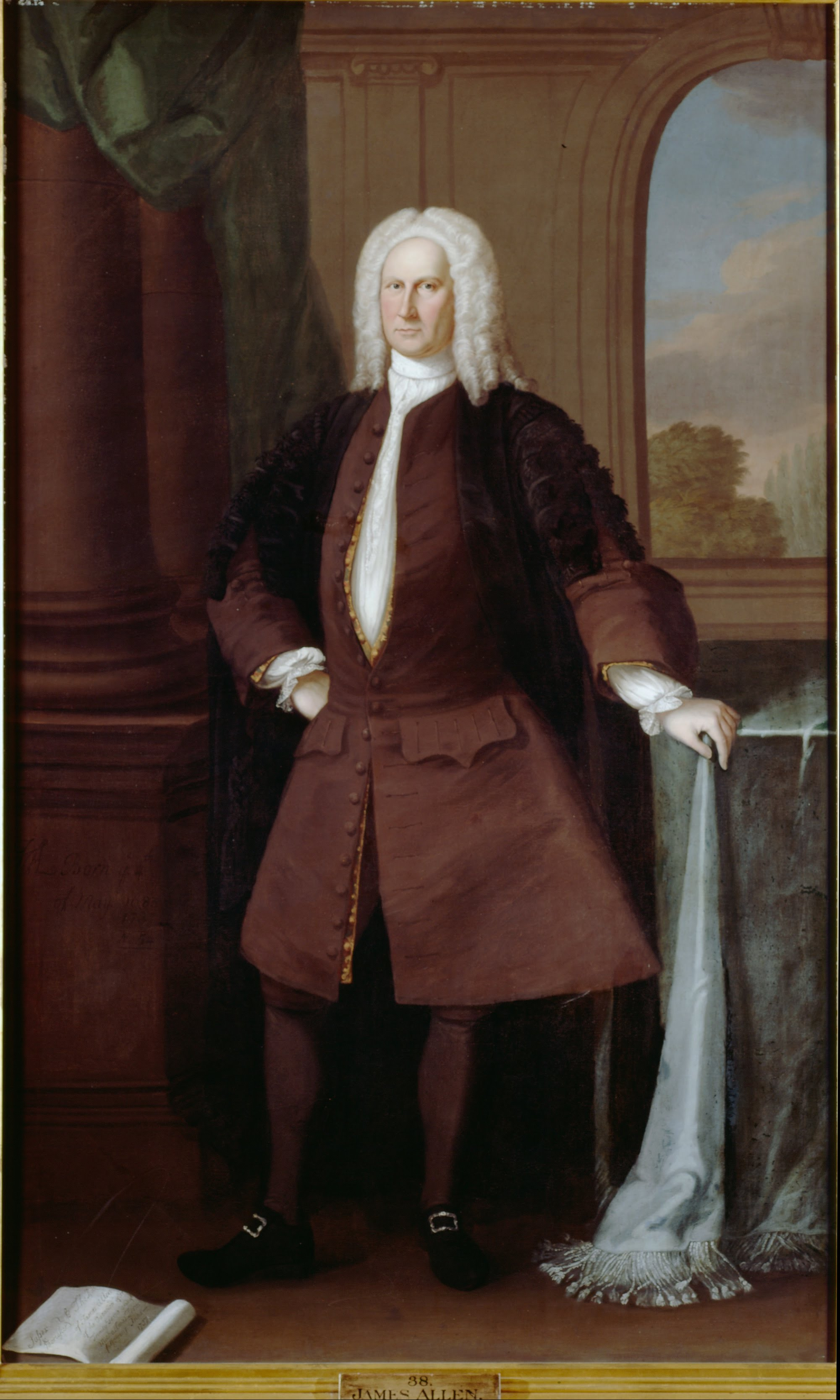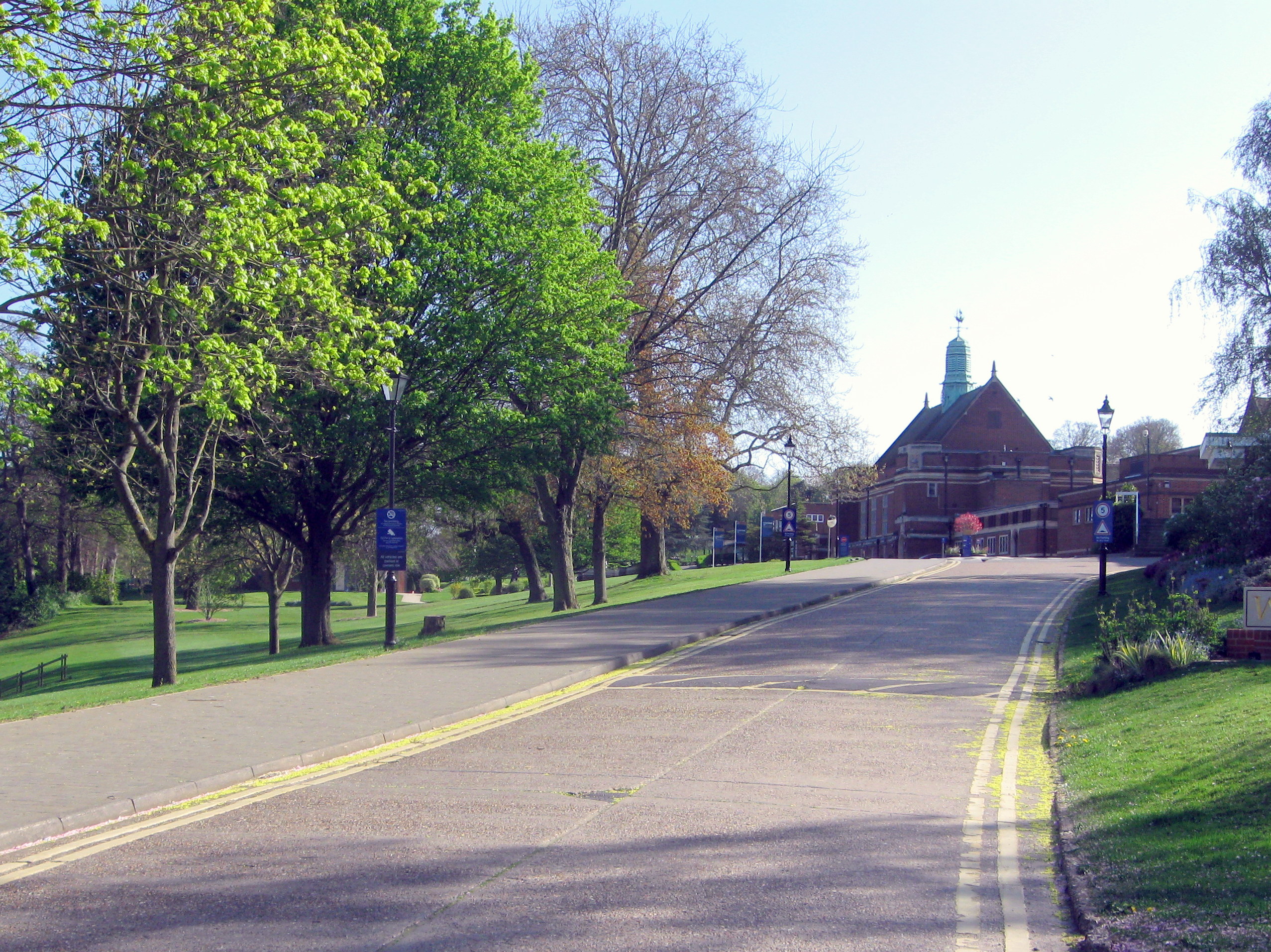|
College Of God's Gift
The College of God's Gift, often referred to as the Old (Dulwich) College, was a historic charity founded in 1619 by the Elizabethan actor and businessman Edward Alleyn who endowed it with the ancient Manor of Dulwich in south London. In 1857 it was renamed as Alleyn's College of God's Gift. The charity was reorganised in 1882 and again in 1995, when its varied component activities were split up into separate registered charities. The former constituent elements of College of God's Gift, which have been independent charities since 1995, are: * the Dulwich Estate, the successor charity which owns the remaining freehold land of the manor of Dulwich; * Alleyn's School * Dulwich College * James Allen's Girls' School * Dulwich Almshouse located in the Old College complex * Christ's Chapel of God's Gift located in the Old College complex * Dulwich Picture Gallery, which became independent and ceased to be a beneficiary in 1995 The Foundation is also required to support from its endo ... [...More Info...] [...Related Items...] OR: [Wikipedia] [Google] [Baidu] |
James I Of England
James VI and I (James Charles Stuart; 19 June 1566 – 27 March 1625) was King of Scotland as James VI from 24 July 1567 and King of England and Ireland as James I from the union of the Scottish and English crowns on 24 March 1603 until his death in 1625. The kingdoms of Scotland and England were individual sovereign states, with their own parliaments, judiciaries, and laws, though both were ruled by James in personal union. James was the son of Mary, Queen of Scots, and a great-great-grandson of Henry VII, King of England and Lord of Ireland, and thus a potential successor to all three thrones. He succeeded to the Scottish throne at the age of thirteen months, after his mother was compelled to abdicate in his favour. Four different regents governed during his minority, which ended officially in 1578, though he did not gain full control of his government until 1583. In 1603, he succeeded Elizabeth I, the last Tudor monarch of England and Ireland, who died childless. ... [...More Info...] [...Related Items...] OR: [Wikipedia] [Google] [Baidu] |
James Alleyn
James Allen (4 May 1683 – 28 October 1746) was a prominent 18th-century educationalist, Master of the College of God's Gift in Dulwich (then colloquially called "Dulwich College") and was the founder of James Allen's Girls' School. Early life Born on 4 May 1683 in Hornsey, North London, he later moved to Sussex. His father, also James Allen, drowned in an accident in 1690, after which his mother, Elizabeth, moved the family to Westminster and remarried. By 1701, James Allen was a clerk in the Cursitors' Hall, the clerical branch of the Court of Chancery. Job and career James Allen took the role of Warden of the college on 26 May 1712 under the name James Alleyn and became Master on 1 September 1721. During his time at the college much rebuilding was carried out and the estates run by the charitable foundation were carefully administered. Most of his predecessors, both in the role of Master and Warden, as well as most of the former Fellows of the college, had taken advantage of ... [...More Info...] [...Related Items...] OR: [Wikipedia] [Google] [Baidu] |
Whitgift School
("He who perseveres, conquers") , established = , closed = , type = Independent school , religious_affiliation = Church of England , president = , head_label = Head Master , head = Christopher Ramsey , chair_label = , chair = , founder = John Whitgift, Archbishop of Canterbury , specialist = , address = Haling Park , city = South Croydon , county = Greater London , country = England , postcode = CR2 6YT , local_authority = Croydon , urn = 101837 , staff = 200 , enrolment = 1,478 , gender = Boys , lower_age = 10 , upper_age = 18 , houses = Andrew's Brodie's Cross' Dodds Ellis' Mason's Smith's Tate's , colours = Gold and Navy , publication = ''Whitgift Life Magazine'' , free_label_2 = Former pupils , free_2 = Old Whitgiftians , website = http://www.whitgift.co.uk/ Whitgift School is an independent da ... [...More Info...] [...Related Items...] OR: [Wikipedia] [Google] [Baidu] |
Charterhouse School
(God having given, I gave) , established = , closed = , type = Public school Independent day and boarding school , religion = Church of England , president = , head_label = Head , headmaster = Alex Peterken , r_head_label = Second Master , r_head = Andrew Turner , chair_label = Chair of Governors , chairman = Vicky Tuck , founder = Thomas Sutton , fundraiser = , specialist = , address = Charterhouse Road , city = Godalming , county = Surrey , country = United Kingdom , postcode = GU7 2DX , local_authority = , dfeno = 936/6041 , urn = 125340 , ofsted = , staff = ... [...More Info...] [...Related Items...] OR: [Wikipedia] [Google] [Baidu] |
Winchester College
Winchester College is a public school (fee-charging independent day and boarding school) in Winchester, Hampshire, England. It was founded by William of Wykeham in 1382 and has existed in its present location ever since. It is the oldest of the nine schools considered by the Clarendon Commission. The school is currently undergoing a transition to become co-educational and to accept day pupils, having previously been a boys' boarding school for over 600 years. The school was founded to provide an education for 70 scholars. Gradually numbers rose, a choir of 16 "quiristers" being added alongside paying pupils known as "commoners". Numbers expanded greatly in the 1860s with the addition of ten boarding houses. The scholars continue to live in the school's medieval buildings, which consist of two courtyards, a chapel, and a cloisters. A Wren-style classroom building named "School" was added in the 17th century. An art school ("museum"), science school, and music school wer ... [...More Info...] [...Related Items...] OR: [Wikipedia] [Google] [Baidu] |
Lord Chancellor
The lord chancellor, formally the lord high chancellor of Great Britain, is the highest-ranking traditional minister among the Great Officers of State in Scotland and England in the United Kingdom, nominally outranking the prime minister. The lord chancellor is appointed by the sovereign on the advice of the prime minister. Prior to their Union into the Kingdom of Great Britain, there were separate lord chancellors for the Kingdom of England (including Wales) and the Kingdom of Scotland; there were lord chancellors of Ireland until 1922. The lord chancellor is a member of the Cabinet and is, by law, responsible for the efficient functioning and independence of the courts. In 2005, there were a number of changes to the legal system and to the office of the lord chancellor. Formerly, the lord chancellor was also the presiding officer of the House of Lords, the head of the judiciary of England and Wales and the presiding judge of the Chancery Division of the High Court of J ... [...More Info...] [...Related Items...] OR: [Wikipedia] [Google] [Baidu] |
Francis Bacon
Francis Bacon, 1st Viscount St Alban (; 22 January 1561 – 9 April 1626), also known as Lord Verulam, was an English philosopher and statesman who served as Attorney General and Lord Chancellor of England. Bacon led the advancement of both natural philosophy and the scientific method and his works remained influential even in the late stages of the Scientific Revolution. Bacon has been called the father of empiricism. He argued for the possibility of scientific knowledge based only upon inductive reasoning and careful observation of events in nature. He believed that science could be achieved by the use of a sceptical and methodical approach whereby scientists aim to avoid misleading themselves. Although his most specific proposals about such a method, the Baconian method, did not have long-lasting influence, the general idea of the importance and possibility of a sceptical methodology makes Bacon one of the later founders of the scientific method. His portion of the metho ... [...More Info...] [...Related Items...] OR: [Wikipedia] [Google] [Baidu] |
George Abbot (Archbishop Of Canterbury)
George Abbot (29 October 15624 August 1633) was an English divine who was Archbishop of Canterbury from 1611 to 1633. He also served as the fourth Chancellor of the University of Dublin, from 1612 to 1633. ''Chambers Biographical Dictionary'' describes him as " sincere but narrow-minded Calvinist". Among his five brothers, Robert became Bishop of Salisbury and Maurice became Lord Mayor of London. He was a translator of the King James Version of the bible. Life and career Early years Born at Guildford in Surrey, where his father Maurice Abbot (died 1606) was a cloth worker, he was taught at the Royal Grammar School, Guildford. According to an eighteenth-century biographical dictionary, when Abbot's mother was pregnant with him she had a dream in which she was told that if she ate a pike her child would be a son and rise to great prominence. Some time afterwards she accidentally caught a pike while fetching water from the River Wey and it "being reported to some gentlemen in t ... [...More Info...] [...Related Items...] OR: [Wikipedia] [Google] [Baidu] |
Manorialism
Manorialism, also known as the manor system or manorial system, was the method of land ownership (or "tenure") in parts of Europe, notably France and later England, during the Middle Ages. Its defining features included a large, sometimes fortified manor house in which the lord of the manor and his dependents lived and administered a rural estate, and a population of labourers who worked the surrounding land to support themselves and the lord. These labourers fulfilled their obligations with labour time or in-kind produce at first, and later by cash payment as commercial activity increased. Manorialism is sometimes included as part of the feudal system. Manorialism originated in the Roman villa system of the Late Roman Empire, and was widely practiced in medieval western Europe and parts of central Europe. An essential element of feudal society, manorialism was slowly replaced by the advent of a money-based market economy and new forms of agrarian contract. In examining the ... [...More Info...] [...Related Items...] OR: [Wikipedia] [Google] [Baidu] |
George Augustus Henry Sala
George Augustus Henry Fairfield Sala (November 1828 – 8 December 1895) was an author and journalist who wrote extensively for the ''Illustrated London News'' as G. A. S. and was most famous for his articles and leaders for ''The Daily Telegraph''. He founded his own periodical, ''Sala's Journal'', and the Sydney Savage Club. The former was unsuccessful but the latter still continues. Life Sala was born on 24 November 1828 in London. His legal father Augustus John James Sala (1789–1829) being the son of an Italian who came to London to arrange ballets at the theatres. His natural father and godfather was Captain Charles "Henry" Fairfield, an acquaintance of his mother, Henrietta Catharina Simon (1789–1860), an actress and teacher of singing. She was the daughter of Catherina Cells, a former slave, and Demerara planter D. P. Simon. His great-grandmother was the Caribbean entrepreneur, Dorothy Thomas. He was at school at Paris from 1839 but his family returned to Englan ... [...More Info...] [...Related Items...] OR: [Wikipedia] [Google] [Baidu] |









